Tuesday, August 31, 2010
Metadata Creation Practices in Digital Repositories and Collections: Schemata, Selection Criteria, and Interoperability, by Jung-ran Park and Yuji Tosaka
This study explores the current state of metadata-creation practices across digital repositories and collections by using data collected from a nationwide survey of mostly cataloging and metadata professionals. Results show that MARC, AACR2, and LCSH are the most widely used metadata schema, content standard, and subject-controlled vocabulary, respectively. Dublin Core (DC) is the second most widely used metadata schema, followed by EAD, MODS, VRA, and TEI. Qualified DC’s wider use vis-à-vis Unqualified DC (40.6 percent versus 25.4 percent) is noteworthy. The leading criteria in selecting metadata and controlled-vocabulary schemata are collection-specific considerations, such as the types of resources, nature of the collection, and needs of primary users and communities. Existing technological infrastructure and staff expertise also are significant factors contributing to the current use of metadata schemata and controlled vocabularies for subject access across distributed digital repositories and collections. Metadata interoperability remains a major challenge. There is a lack of exposure of locally created metadata and metadata guidelines beyond the local environments. Homegrown locally added metadata elements may also hinder metadata interoperability across digital repositories and collections when there is a lack of sharable mechanisms for locally defined extensions and variants.
Subscribe to:
Post Comments (Atom)

No comments:
Post a Comment